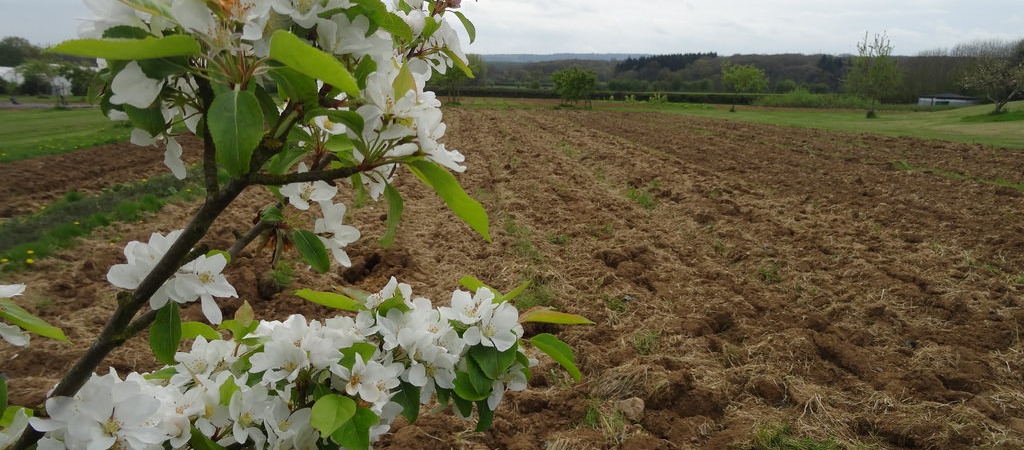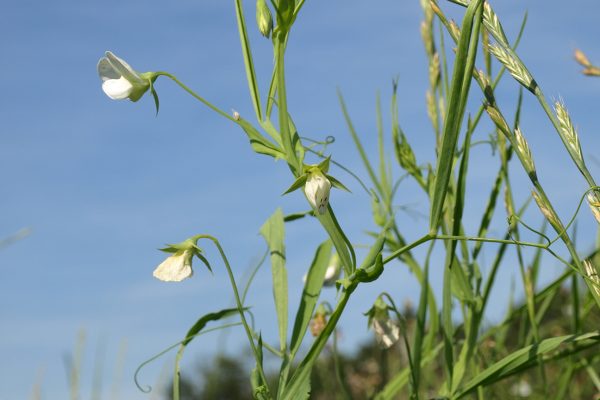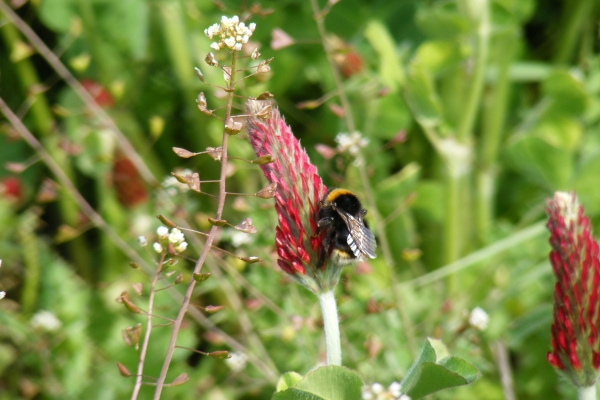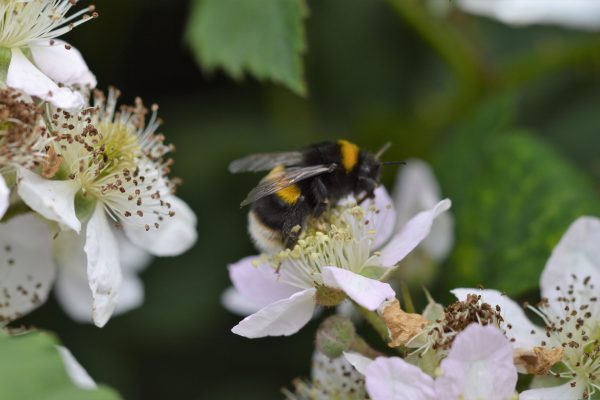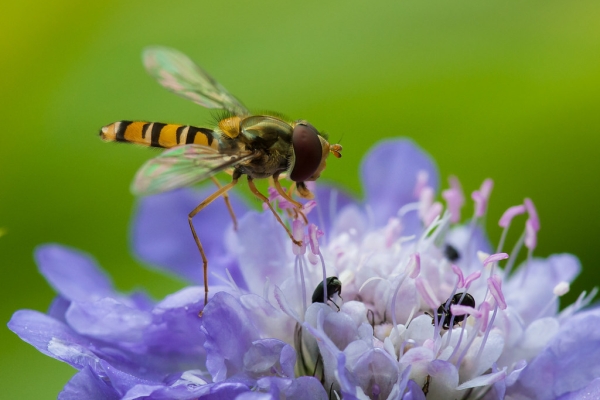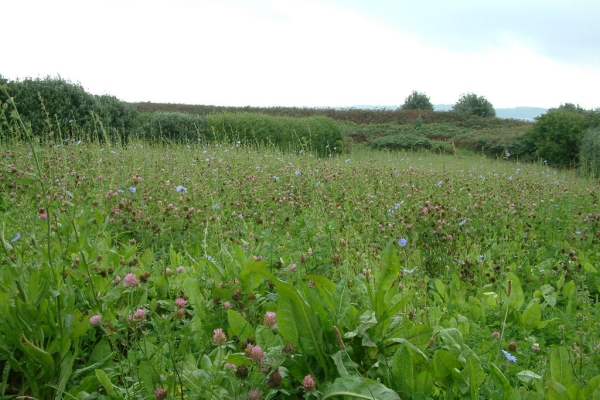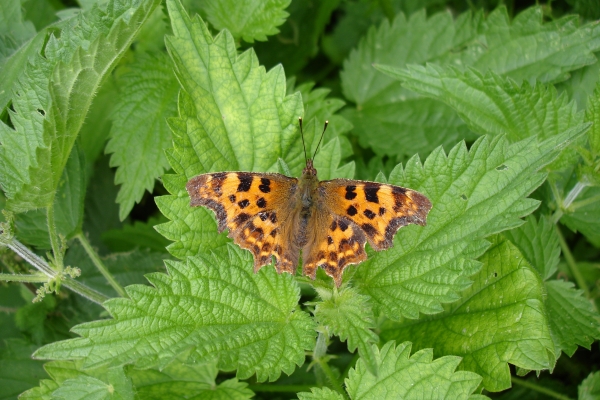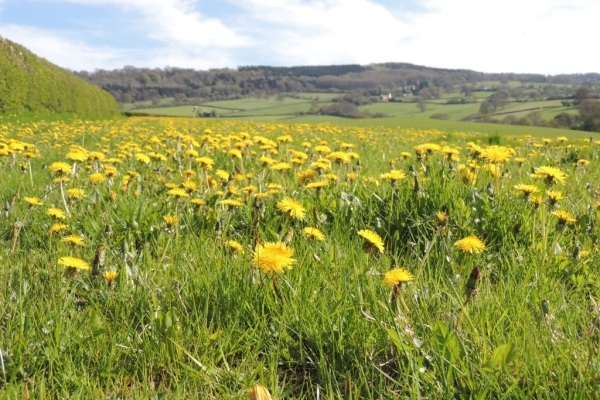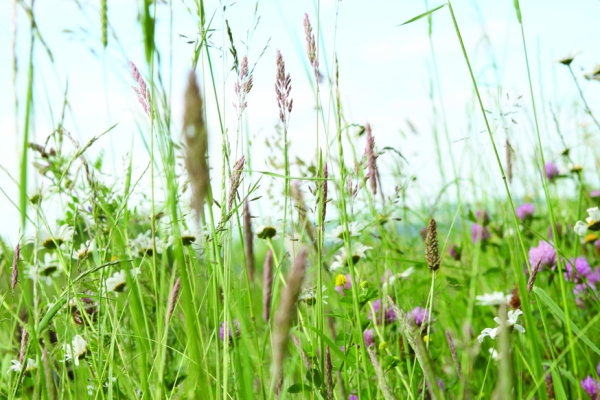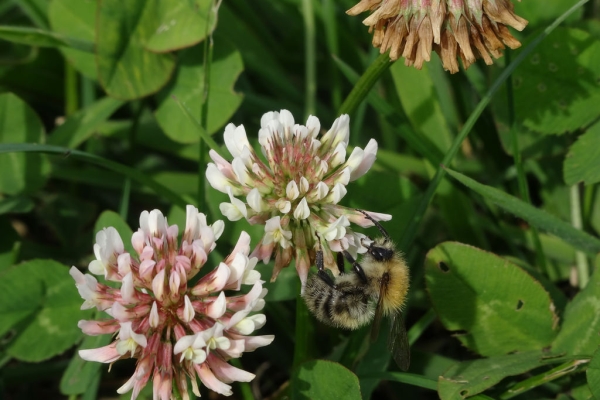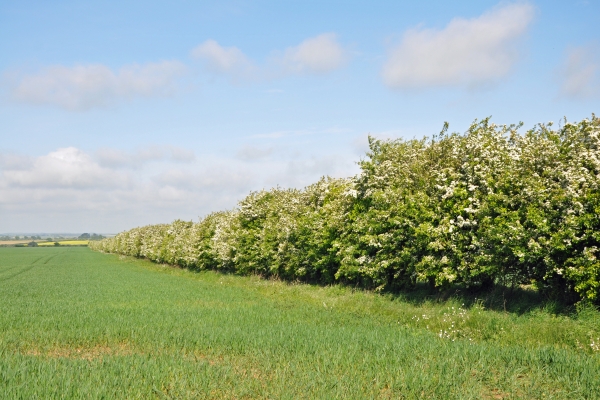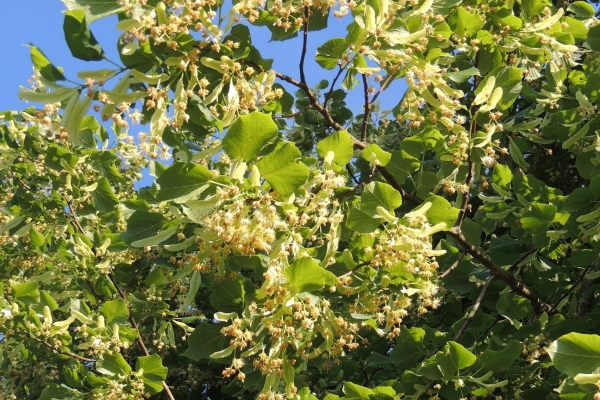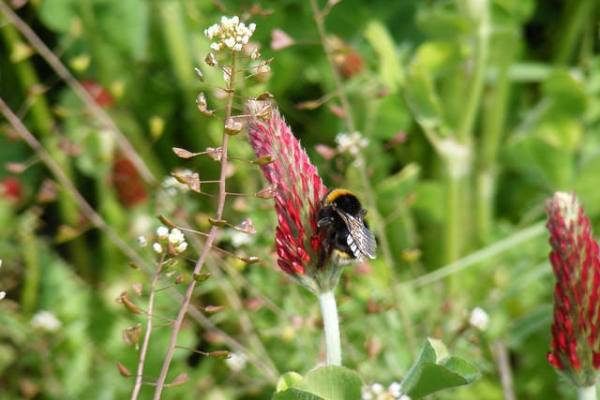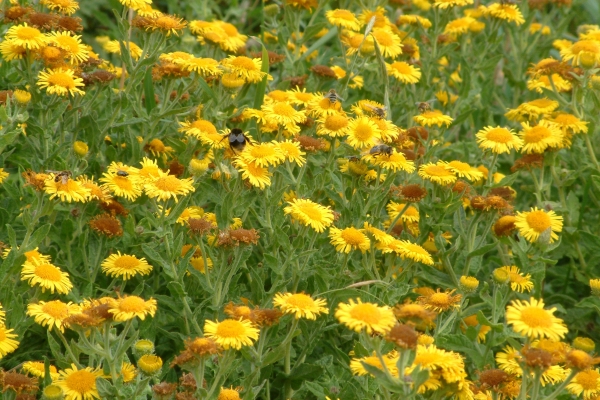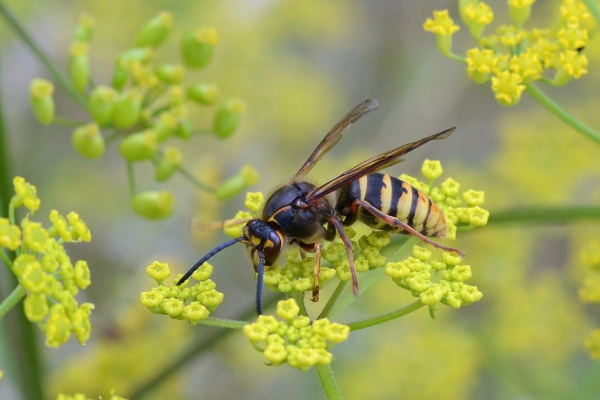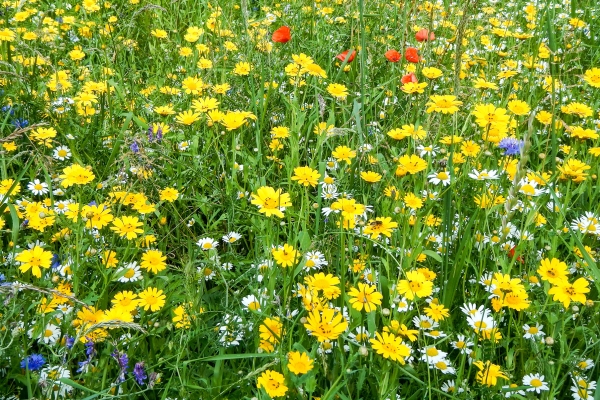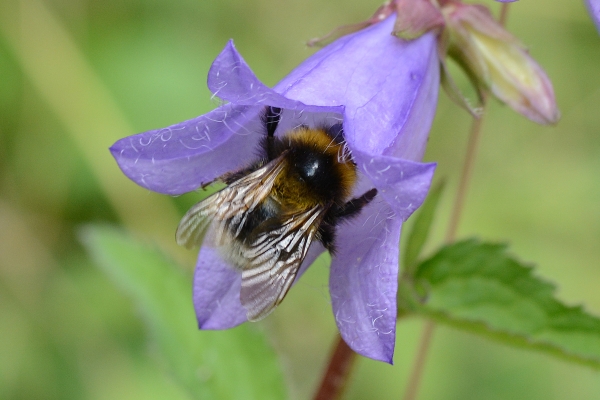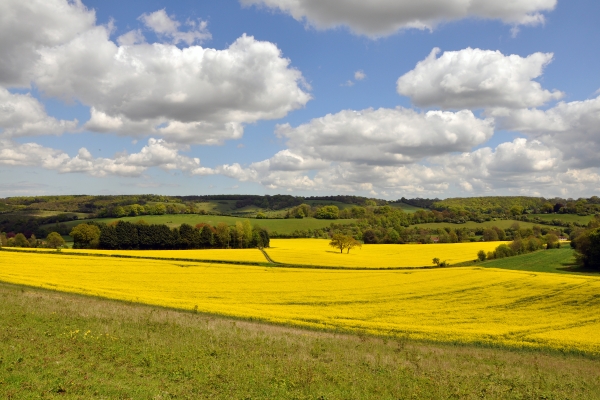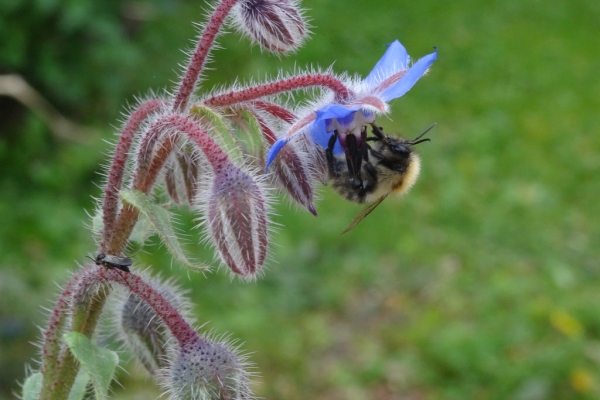Habitat Creation and Management for Pollinators
Resource explained
Insect pollinators (honeybees, bumblebees, solitary bees, hoverflies, beetles, butterflies and moths), are vital for biodiversity and to ensure we have a diverse food supply. This book by the Centre for Ecology & Hydrology (CEH) is an invaluable, detailed practical guide to conserving insect pollinators, based on twenty years of research carried out at the CEH, and the result of a research partnership between Marek Nowakowski of the Wildlife Farming Company, and applied ecologists working for the CEH, led by Professor Richard Pywell. Bringing together practical guidance based on an in-depth understanding of pollinator ecology, it “provides farmers and other land managers with the best available advice on creating and managing habitats for bees on farmland.” While focused on bees, it is emphasised that many of the habitats and management techniques described are equally beneficial to other pollinators.
Findings & recommendations
- The book will help you:
- Improve your farming practices in relation to pollinator management through understanding the biological differences between honeybees, bumblebees and solitary bees, and the stages of their life cycles in relation to mating, nesting habitat and food resources.
- Improve your knowledge of the plant species that provide food resources for bees and of the different types of seed mixes you can sow to create pollinator habitat.
- Understand where you can create pollinator habitat on the farm, how much will be required, and when and how to sow pollinator seed mixes.
- Improve your management of excessive soil fertility problems and weeds on the farm.
- It also includes some information on funding of wildlife habitat creation within a commercial farm business.
The book is free and available to download via the CEH book webpage. Access it here, where you can also find out more about it, or via the ‘View the resource’ button.
